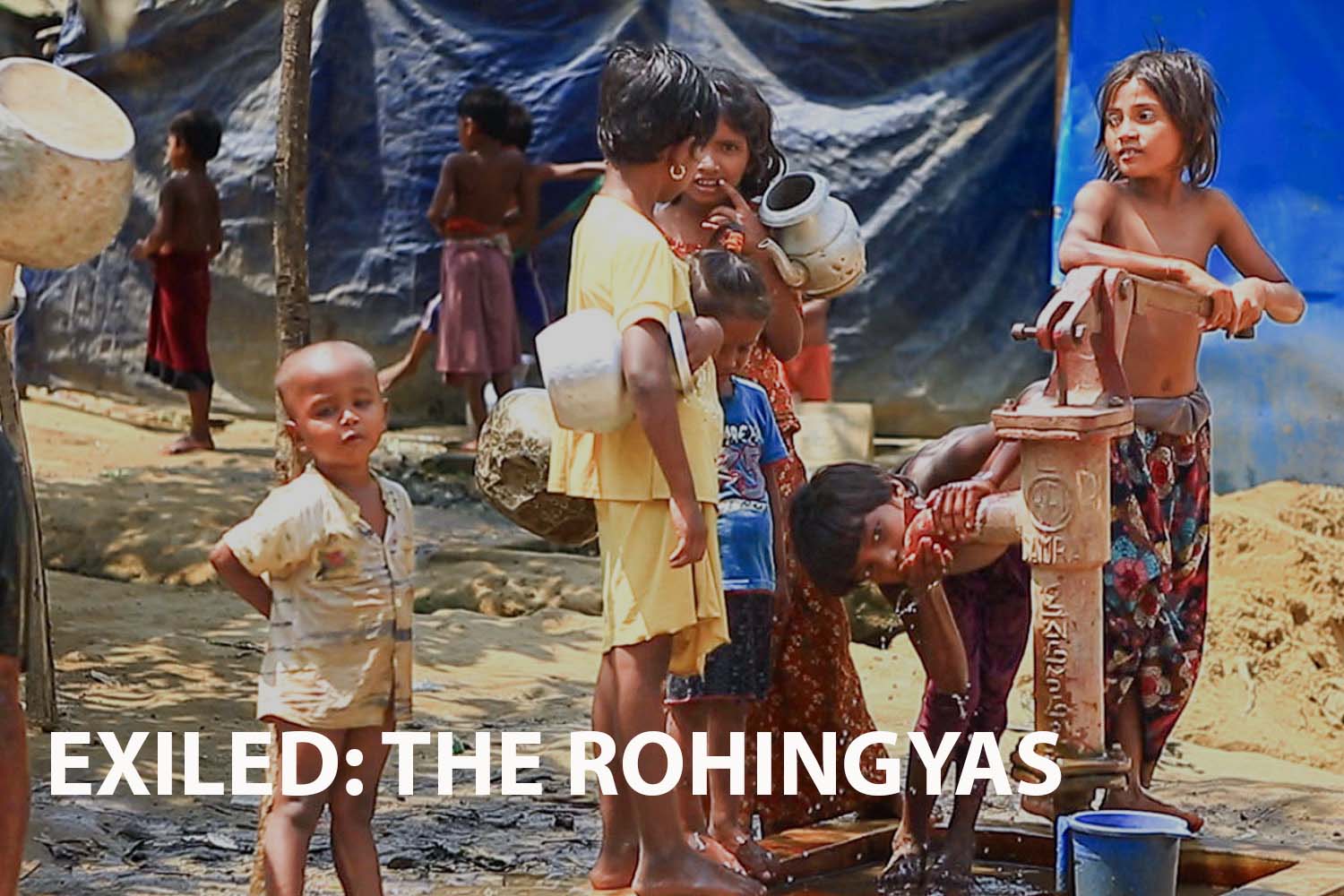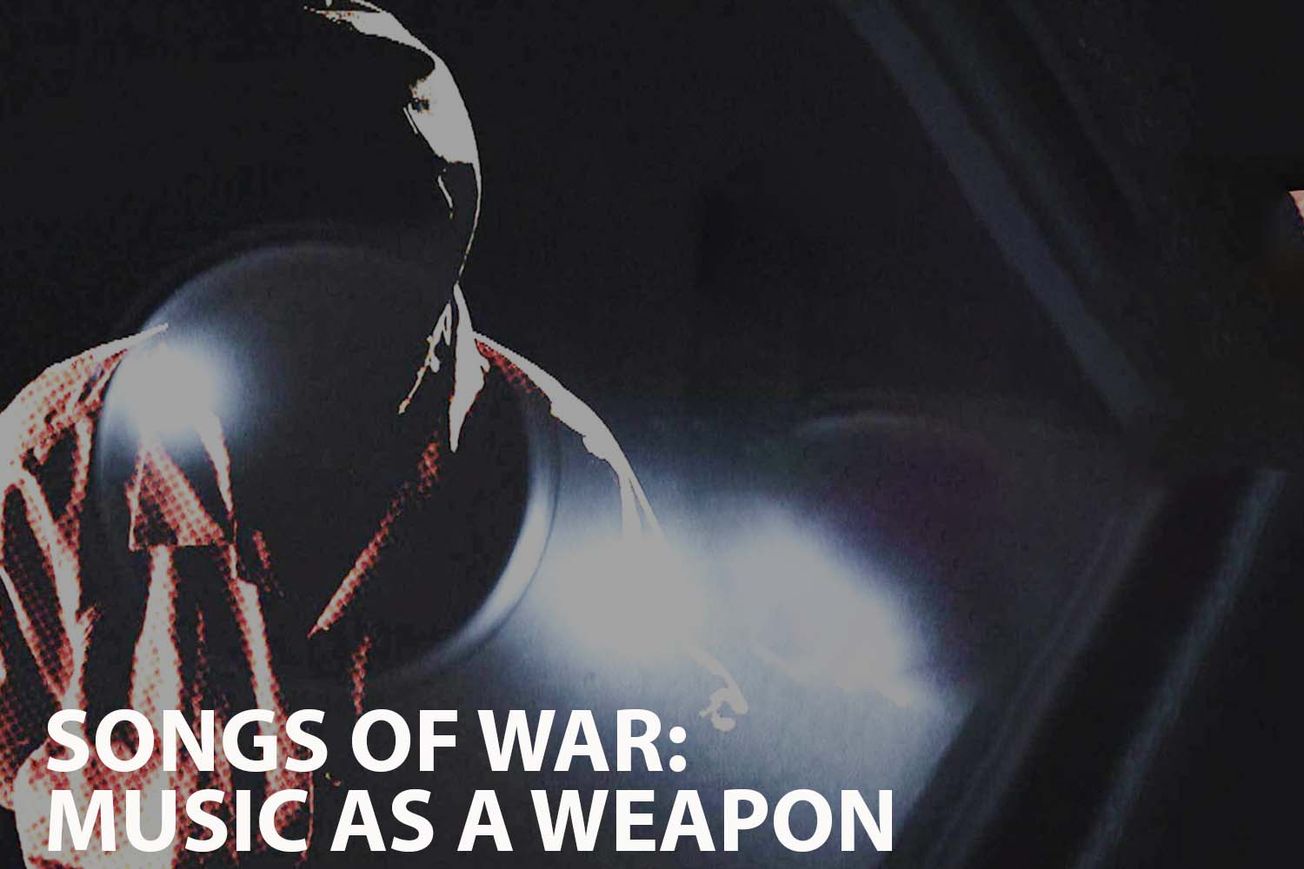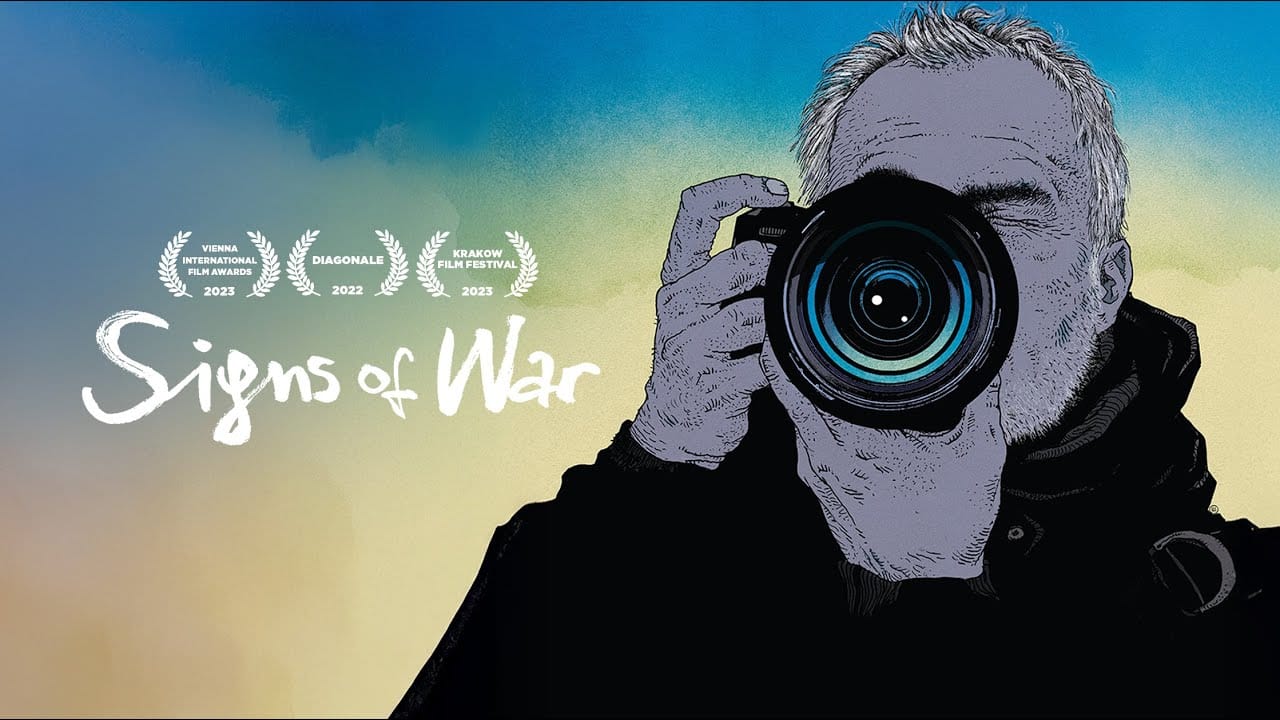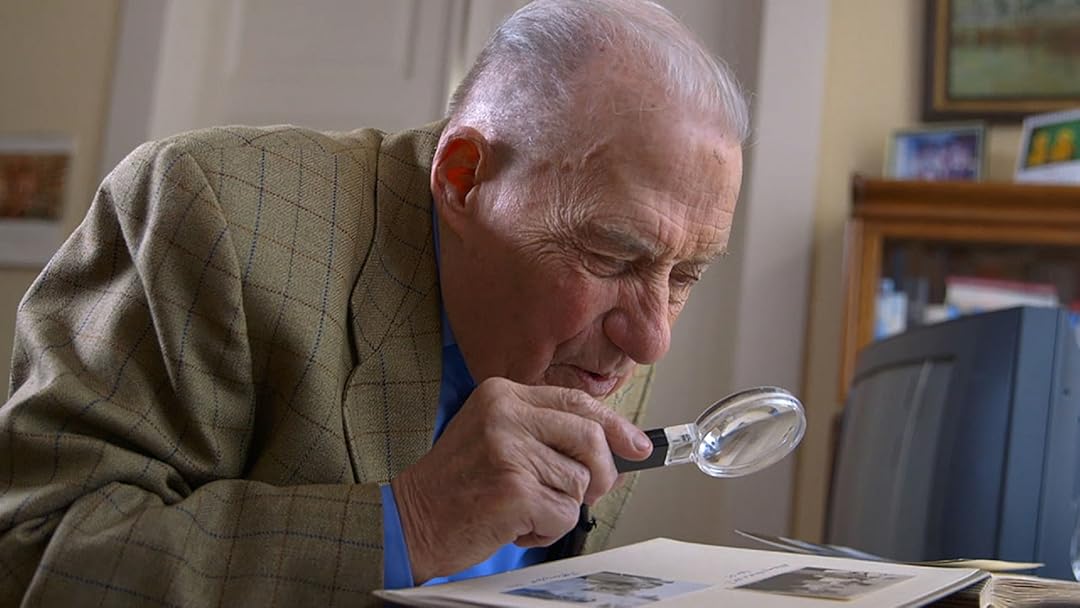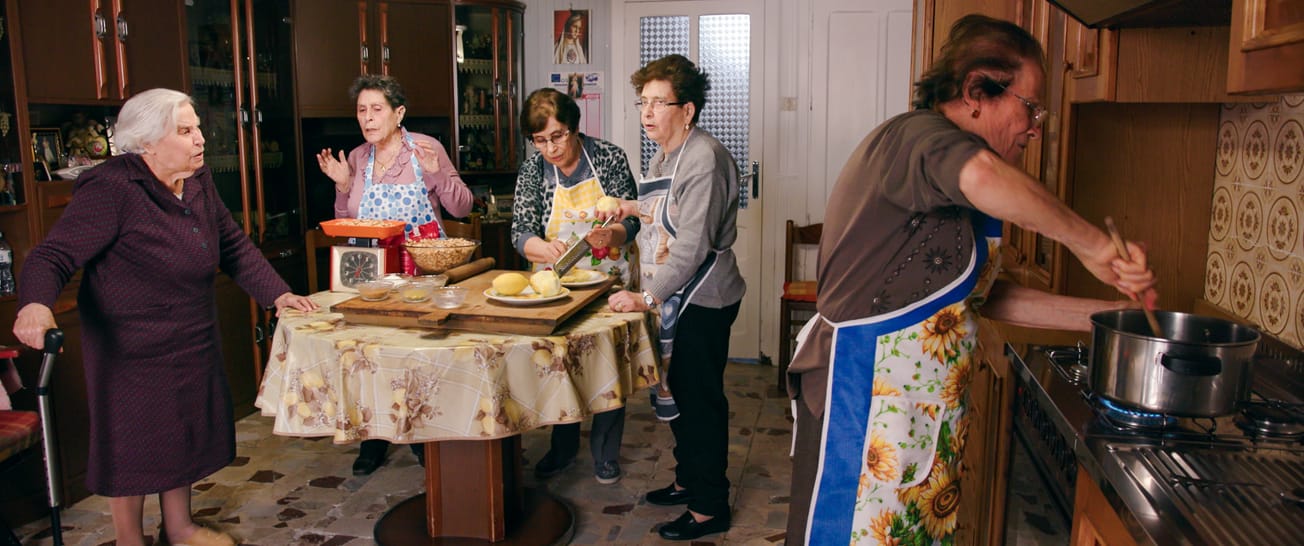Keywords: Rohingya genocide, ethnic cleansing, Myanmar, immigration, displacement, human rights, Shahida Tulaganova, historical context, political violence, religious conflict, refugee crisis. Three words: Heartbreaking, Eye-opening, Informative
Introduction
"Exiled: The Rohingyas" is a 2019 documentary directed by Shahida Tulaganova that provides a gripping inside account of the Rohingya genocide. This film critically explores the historical and political roots of the violence suffered by the Rohingya people, a Muslim minority group in Myanmar.
Synopsis
"Exiled: The Rohingyas" dives deep into the harrowing experiences of the Rohingya people, who have been subjected to systematic violence and ethnic cleansing in Myanmar. Through personal stories and expert narratives, the film uncovers the complex political and historical factors that led to the Rohingya genocide and the resulting refugee crisis.
More Film Analysis
Analysis
Shahida Tulaganova uses a combination of personal testimony, expert interviews, and historical context to present a comprehensive analysis of the Rohingya crisis. The depth of research and exploration of the subject matter is commendable, resulting in a documentary that is as moving as it is informative.
Historical and Factual Context
The film provides critical historical context to the Rohingya crisis, tracing the roots of the conflict back to British colonial rule and the subsequent political events that led to the current situation. This background information is crucial for understanding the complexities of the crisis and the reasons behind the relentless violence against the Rohingyas.
Key themes in the film
- Ethnic cleansing and systemic violence
- Historical and political roots of conflict
- Human rights abuses
- Forced displacement and refugee crisis
- Religious conflict and discrimination
Film Comparisons
"Exiled: The Rohingyas" offers a unique perspective on the Rohingya crisis similar to the 2017 documentary "The Rohingya: Silent Abuse". However, Shahida Tulaganova's film delves deeper into the historical context behind the conflict, providing a more comprehensive understanding of the situation.
Noteworthy Moments
A particularly significant moment in the film is the recounting of personal stories of survival and resilience by the Rohingya refugees. These narratives provide a human face to the crisis and make the scale of the tragedy more palpitable.
Reviews
"Exiled: The Rohingyas" received high praise from critics for its in-depth exploration of the Rohingya crisis. The film was described as "a poignant account of a forgotten people" and "a heartbreaking yet essential watch."
Conclusion
"Exiled: The Rohingyas" is a crucial documentary for anyone seeking to understand the Rohingya crisis in-depth. It is particularly relevant for individuals interested in human rights, political conflict, and refugee issues.
More film information:
FILM SUMMARY
- Genre: Documentary
PERSONALITIES
- Shahida Tulaganova: Director and producer known for her investigative documentaries.
LOCATIONS
- Myanmar: The location of the Rohingya genocide.
- Bangladesh: The country where many Rohingya refugees have fled to.
Key Questions Raised by the Film:
- What historical and political factors led to the Rohingya genocide?
- How has the international community responded to the crisis?
- What are the experiences of the Rohingya refugees?
Links for Further Exploration:
I wonder what the film would be in another art form



- If this film was a famous book, which one would it be? "Night" by Elie Wiesel, for its depiction of human resilience in the face of unimaginable horrors.
- If this film was a famous song, which one would it be? "Blowin' in the Wind" by Bob Dylan, for its questioning of social injustices.
- If this film was a famous piece of art, which one would it be? Picasso's "Guernica", for its portrayal of the horrors of war and suffering of innocent civilians.
- If this film was a famous celebrity, who would it be? Angelina Jolie, for her advocacy for refugees and displaced people.
- If this film was a color, which one would it be? Grey, to represent the bleakness and despair of the Rohingya crisis.
- If this film was a music style, which one would it be? Blues, for its themes of struggle and survival against all odds.
